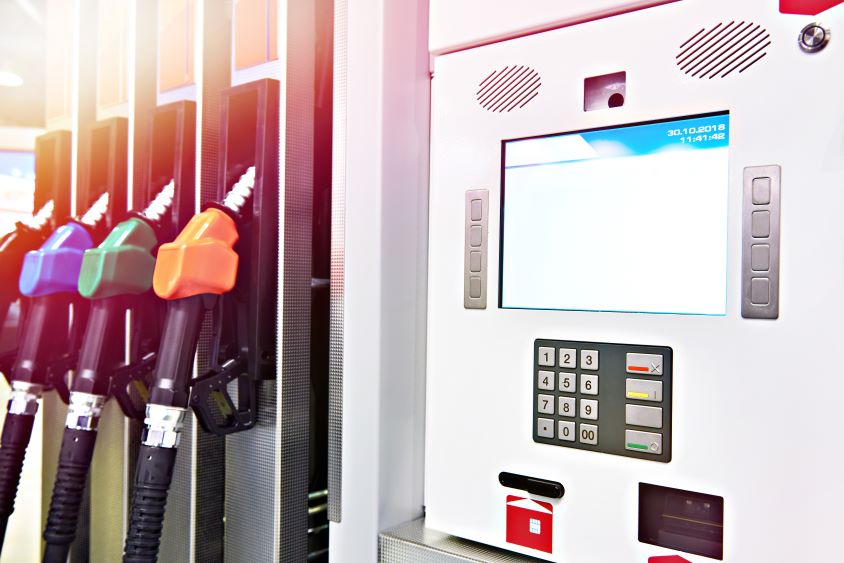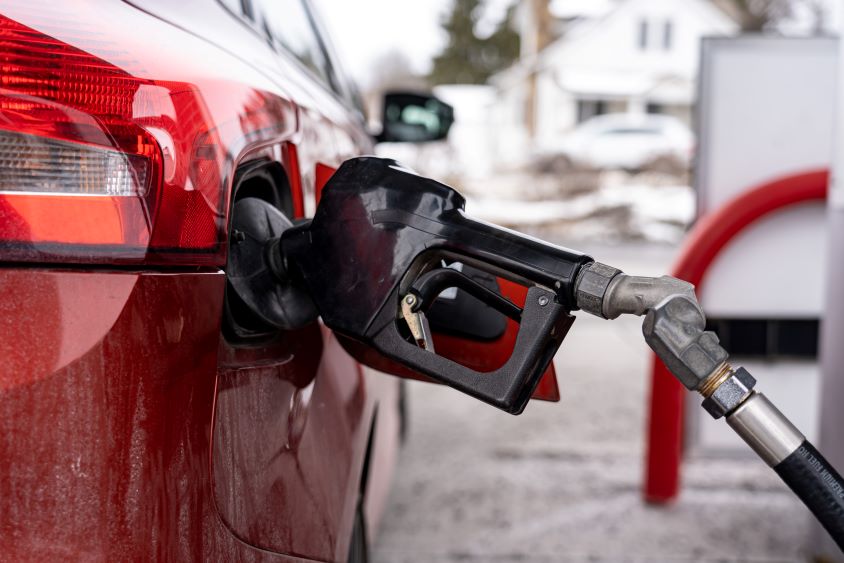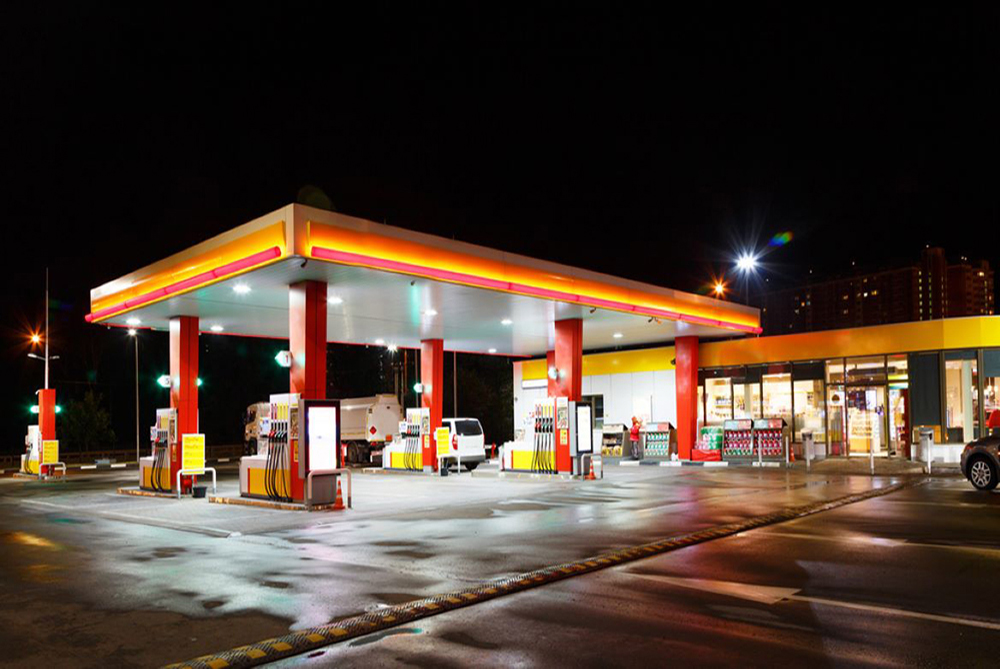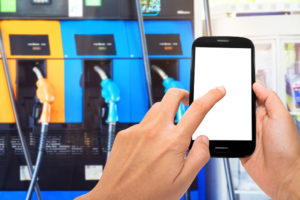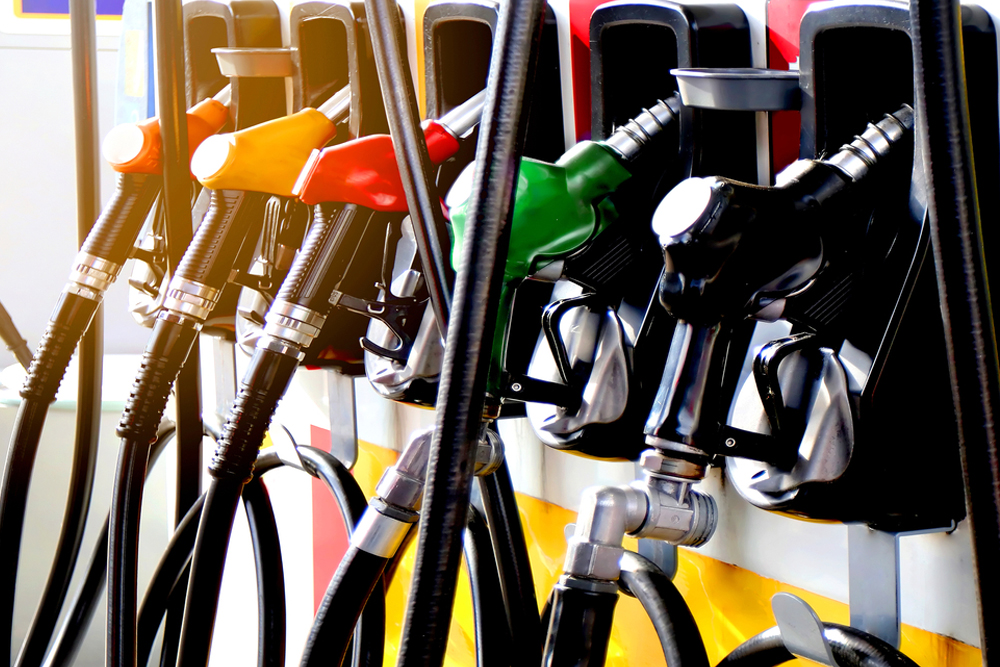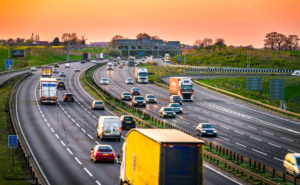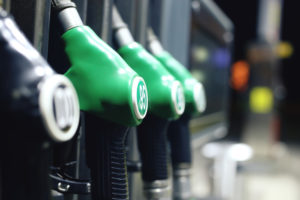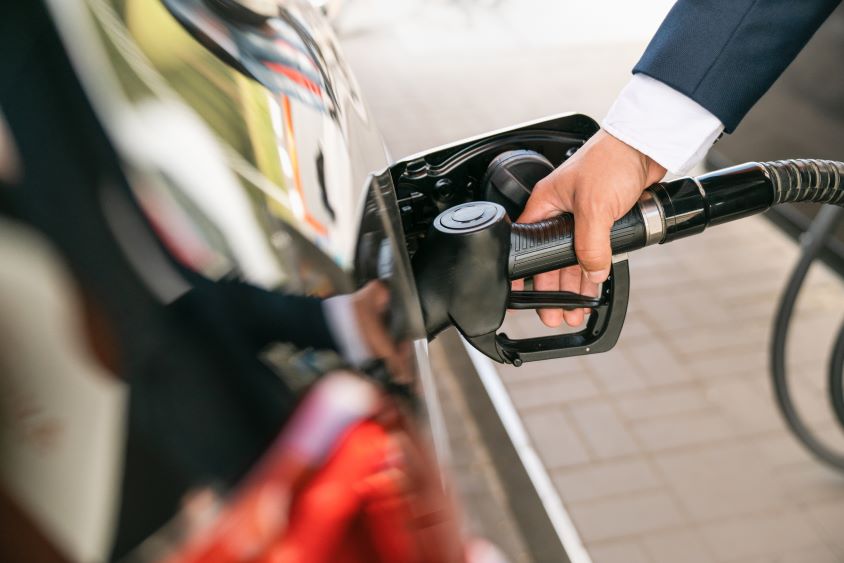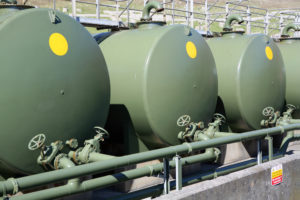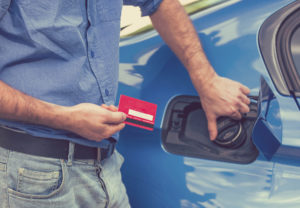Creating a policy for secure fuel card transactions is a must for any fleet manager. Fuel cards make purchasing fuel easy and convenient across your entire fleet. However, just like any card, they are not exempt from fraud and misuse if not handled properly.
With multiple drivers in your fleet (each with their own card), you want to know that they all have an understanding of how to use their card properly.
By creating a policy, you give yourself that peace of mind. Giving drivers a document to sign that acknowledges their understanding of the proper usage of the fuel card can greatly reduce the risk of misuse.
What should this policy contain?
The aim of a policy for secure fuel card transactions is to create awareness for all the drivers in your fleet. When the driver is given their card, they should also sign the policy. It should outline the following:
Who can use the card?
This may seem obvious, but if you want to avoid fraud and misuse, it’s necessary to make this clear. Some fuel cards can be embossed with the driver’s name, and any transactions made with it will be in their name.
Therefore, it must be made clear that sharing their card is not acceptable, even with another company driver. This includes sharing the PIN number with someone. If someone else uses the card, invoices will still show that it was the card owner making the purchase, creating inaccurate and fraudulent records.
Also state in the policy that if the driver believes someone has had access to their fuel card, they must notify their fleet manager immediately to avoid further complications.
When can the card be used?
Ensure that drivers know when it is appropriate to make purchases on their fuel card. Make it clear if transactions that are not for business purposes will be classed as theft.
If your drivers solely use company vehicles, make it clear if filling up their personal vehicles with their fuel card is forbidden. If members of your fleet use their own vehicles, using their fuel card for non-business purposes can also be forbidden.
Of course, this all depends on how your business functions. The important thing is that drivers are aware of how your business expects them to operate. When your fuel card transaction policy makes it clear what is expected, there can be no excuses for misuse.
What transactions are permitted?
It is important the drivers are aware of what they are permitted to purchase on with their fuel card. If your drivers only use diesel vehicles, it is worth specifying that they must not use their card to purchase unleaded. This creates another layer of security against misuse.
Some fuel cards give users the ability to purchase additional goods other than fuel. Certain cards can be used to pay for AdBlue, car washes and other vehicle related items. Some cards can also be used to pay for toll road charges.
Make sure that the additional permitted purchases are made clear on your policy.
What else should be included?
It is advisable to write the policy from a first person perspective. For example, instead of writing “you must not share your card details with anyone”, you might write “I understand that I must not share my card details with anyone”. That way, when the driver signs the document, they are acknowledging their understanding of the policy as well as agreeing to it.
Include any additional information that you want drivers to know regarding their fuel card. What should they do if they lose their card? What are the consequences for policy violations?
Be as thorough as possible, as this will save you time and complications further down the line.
Find the best fuel card for your fleet
With a variety of fuel cards available, it’s important to find the best one to suit the needs of your fleet. Where is the most convenient place for you to fill up? How much could your business be saving on fuel costs?
These are all questions that will be answered when you get in touch with the team at Fuel Card Services!

